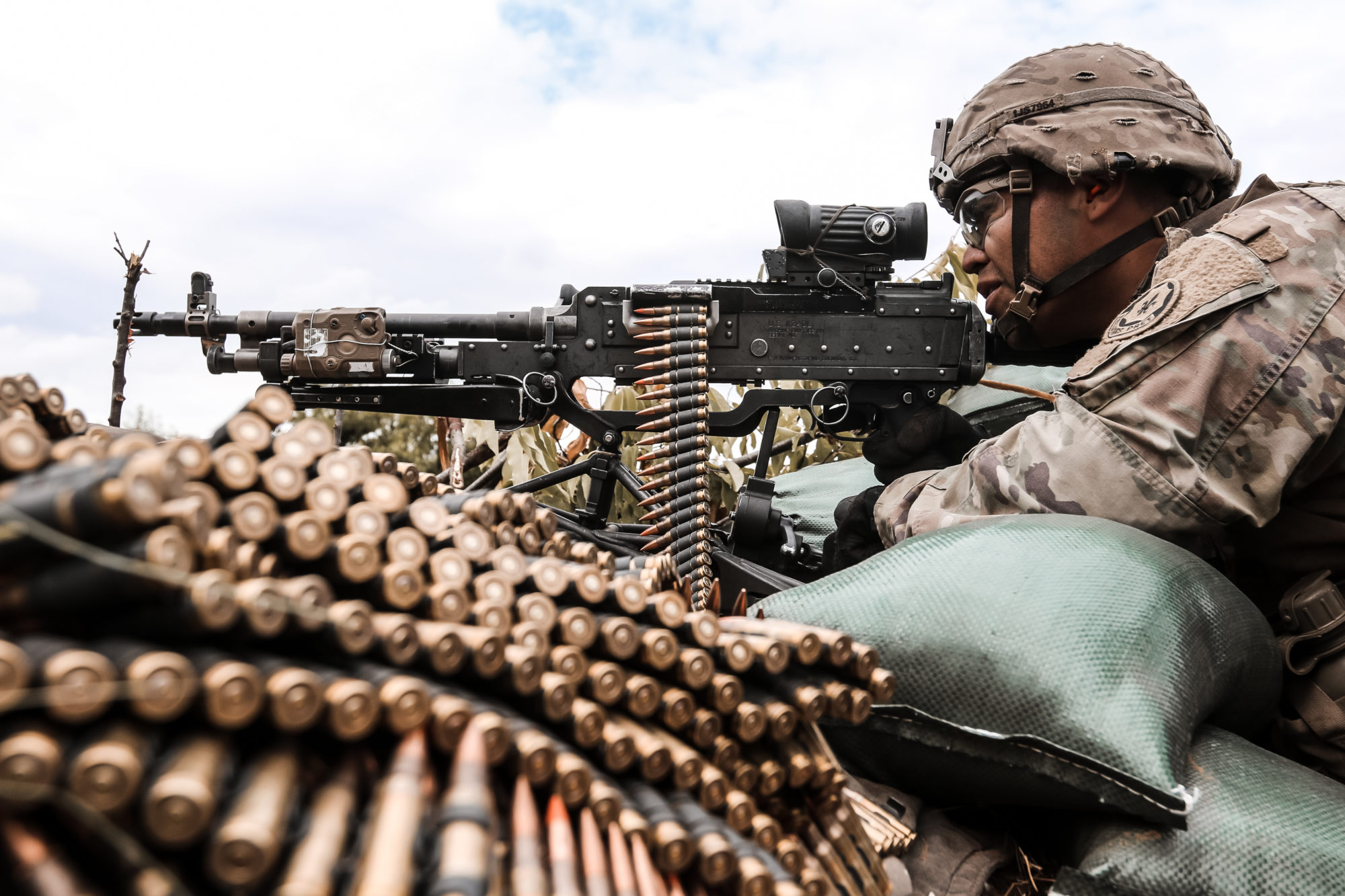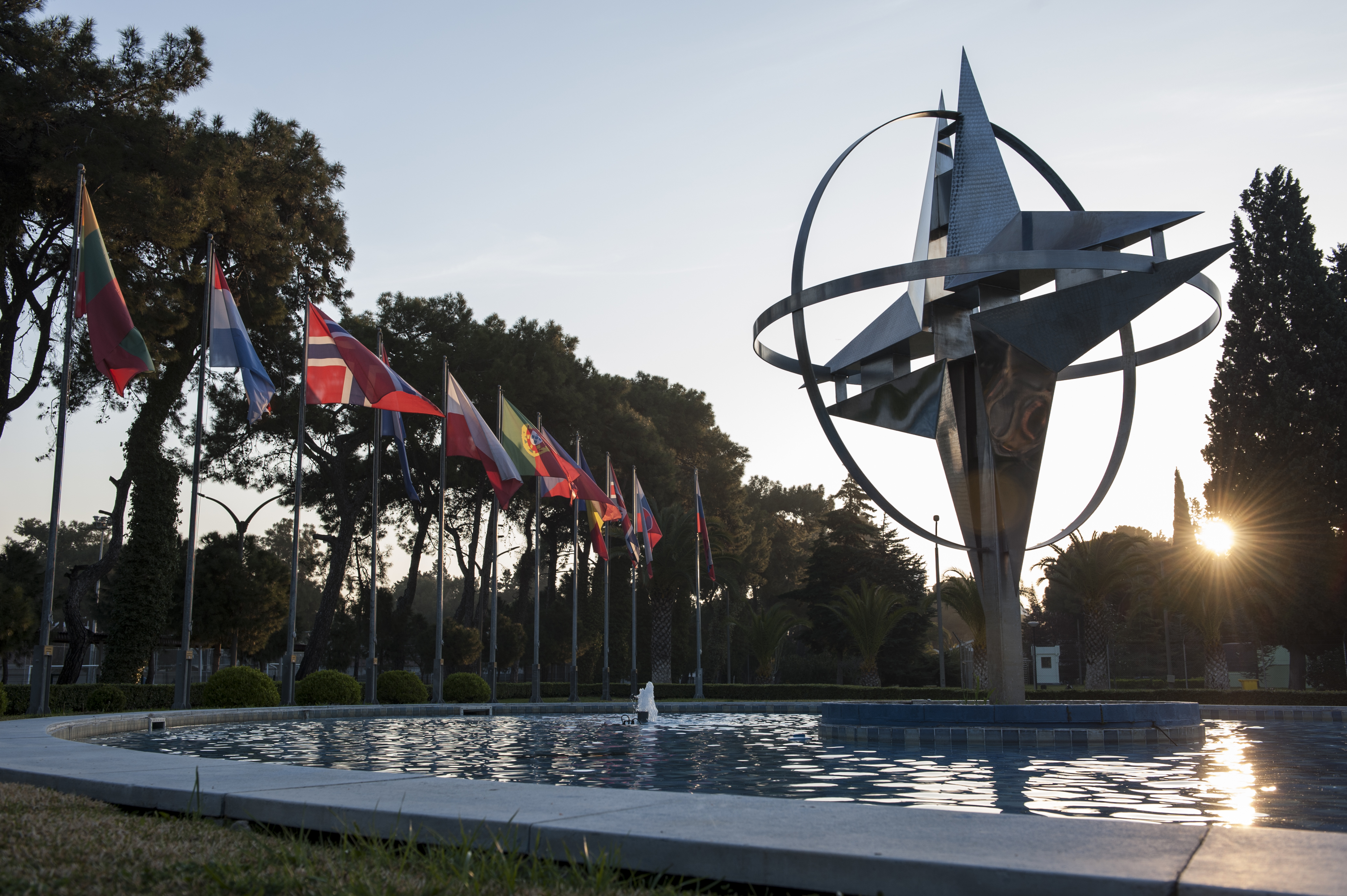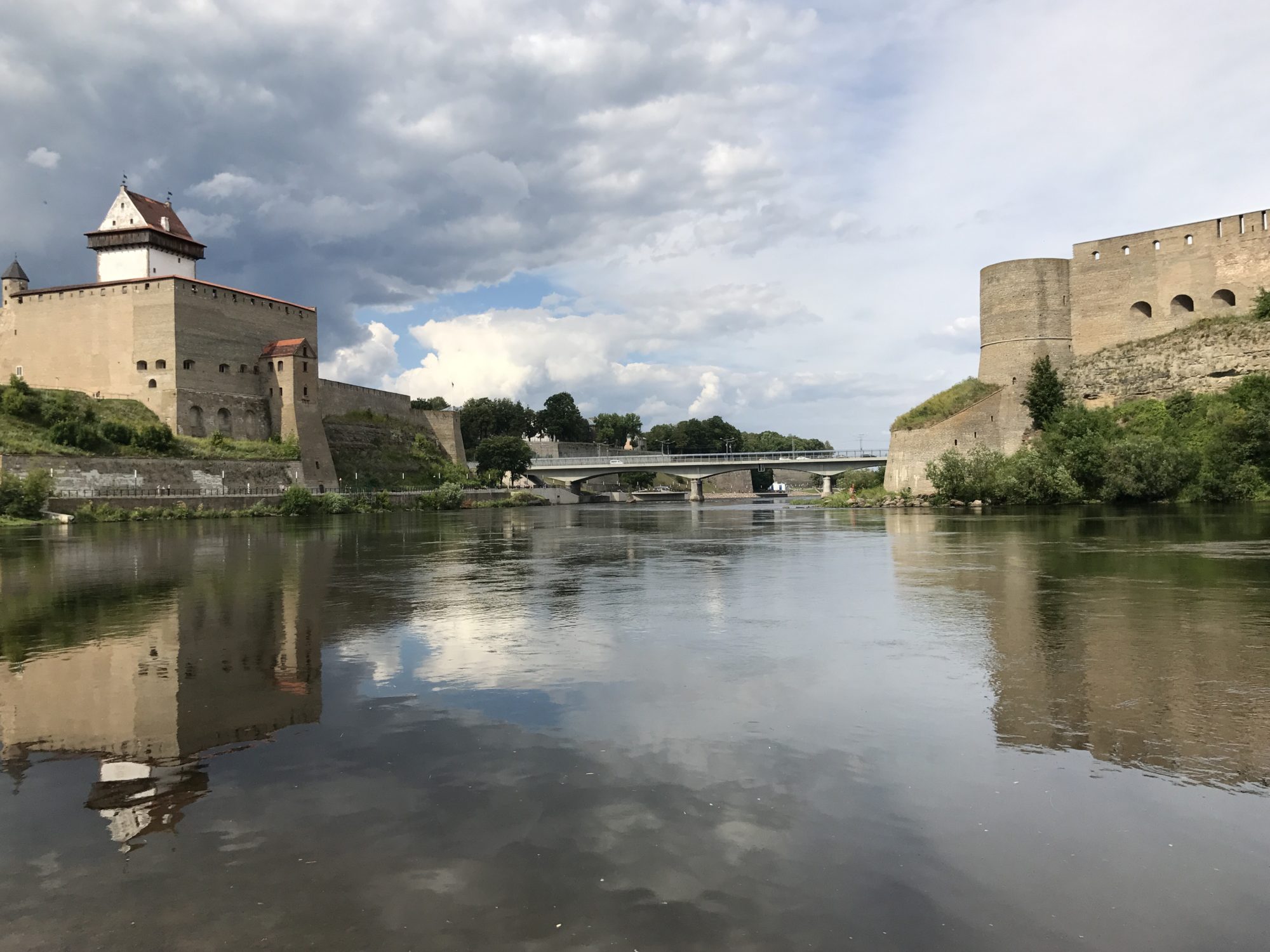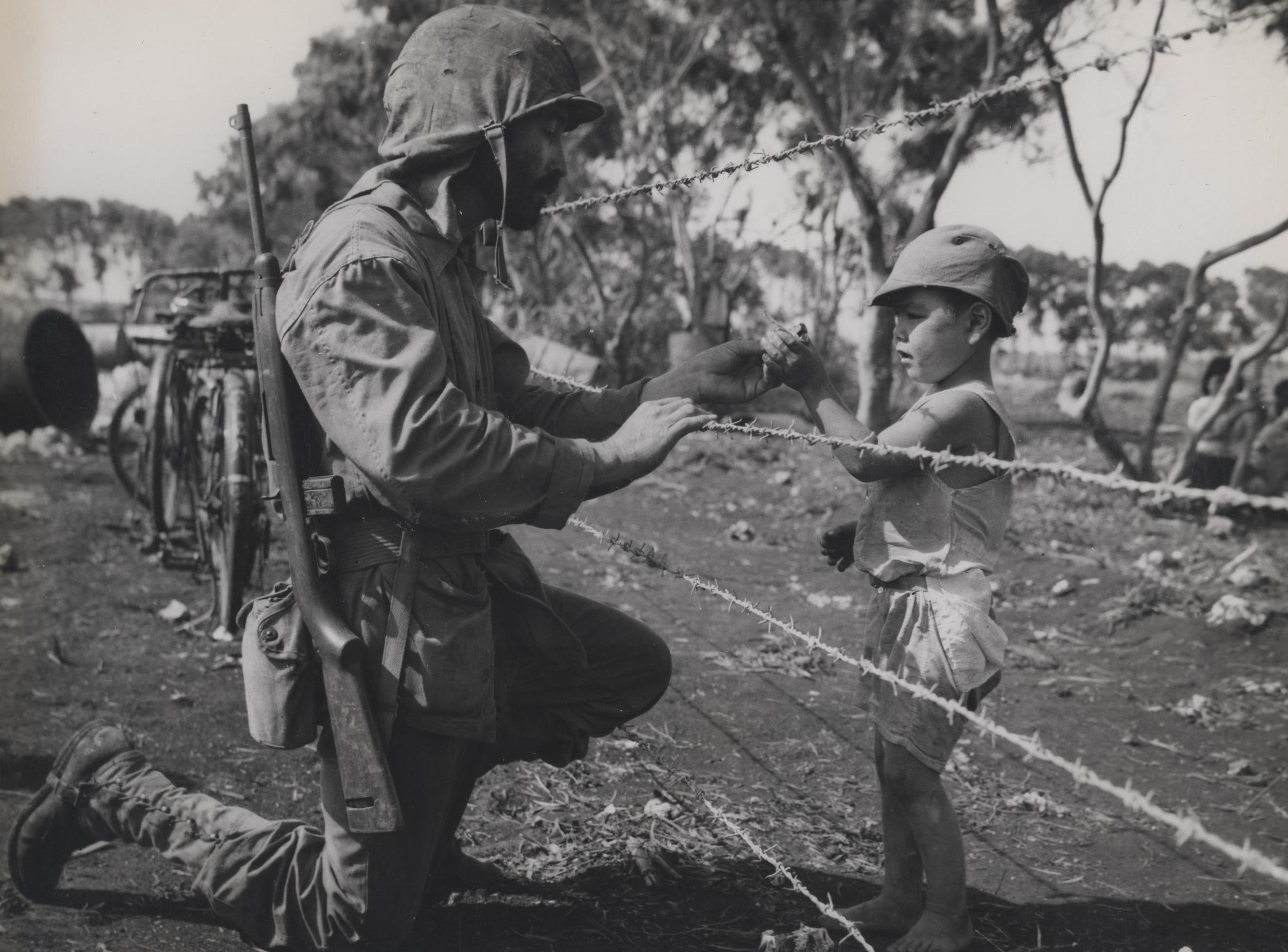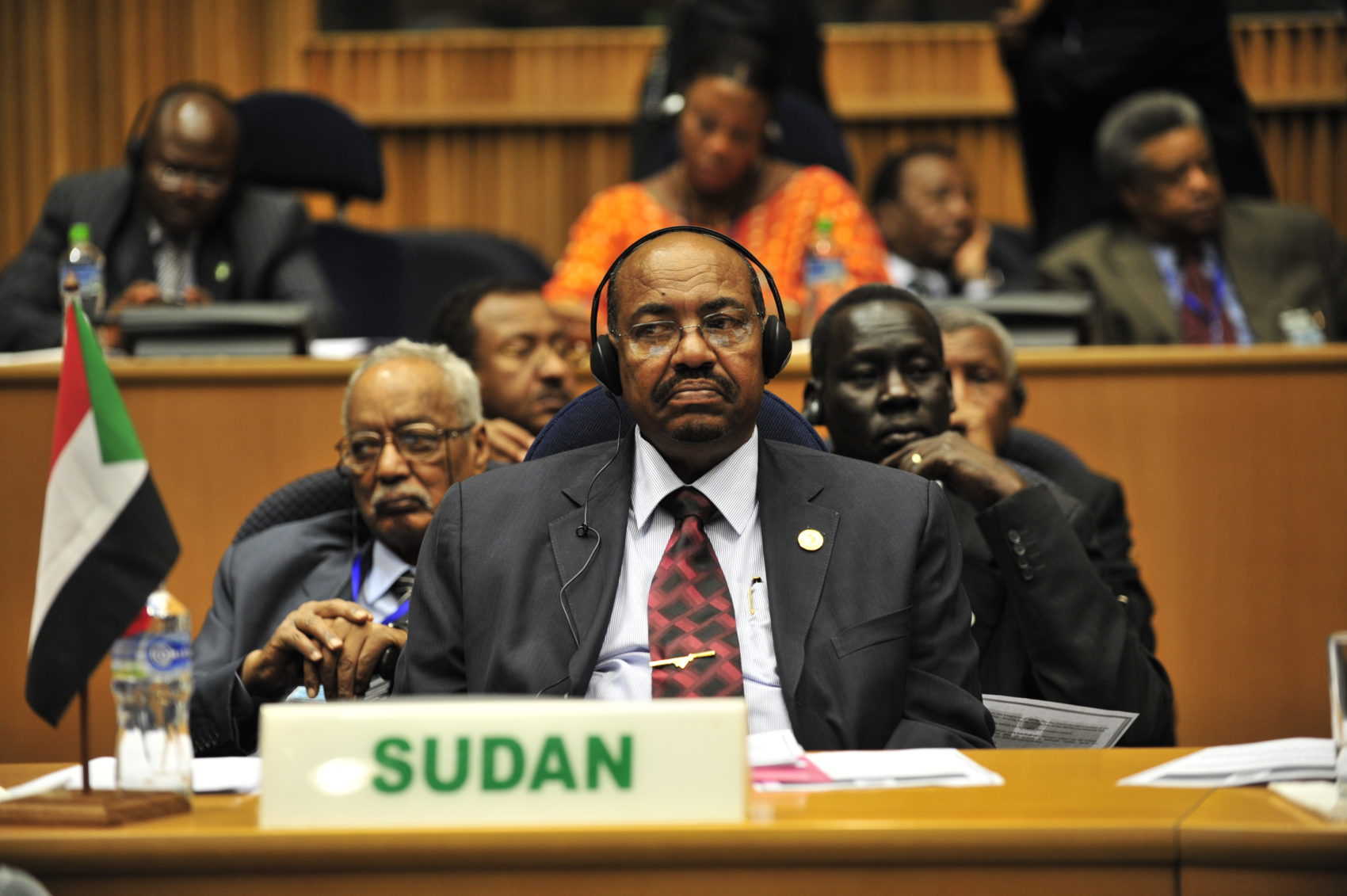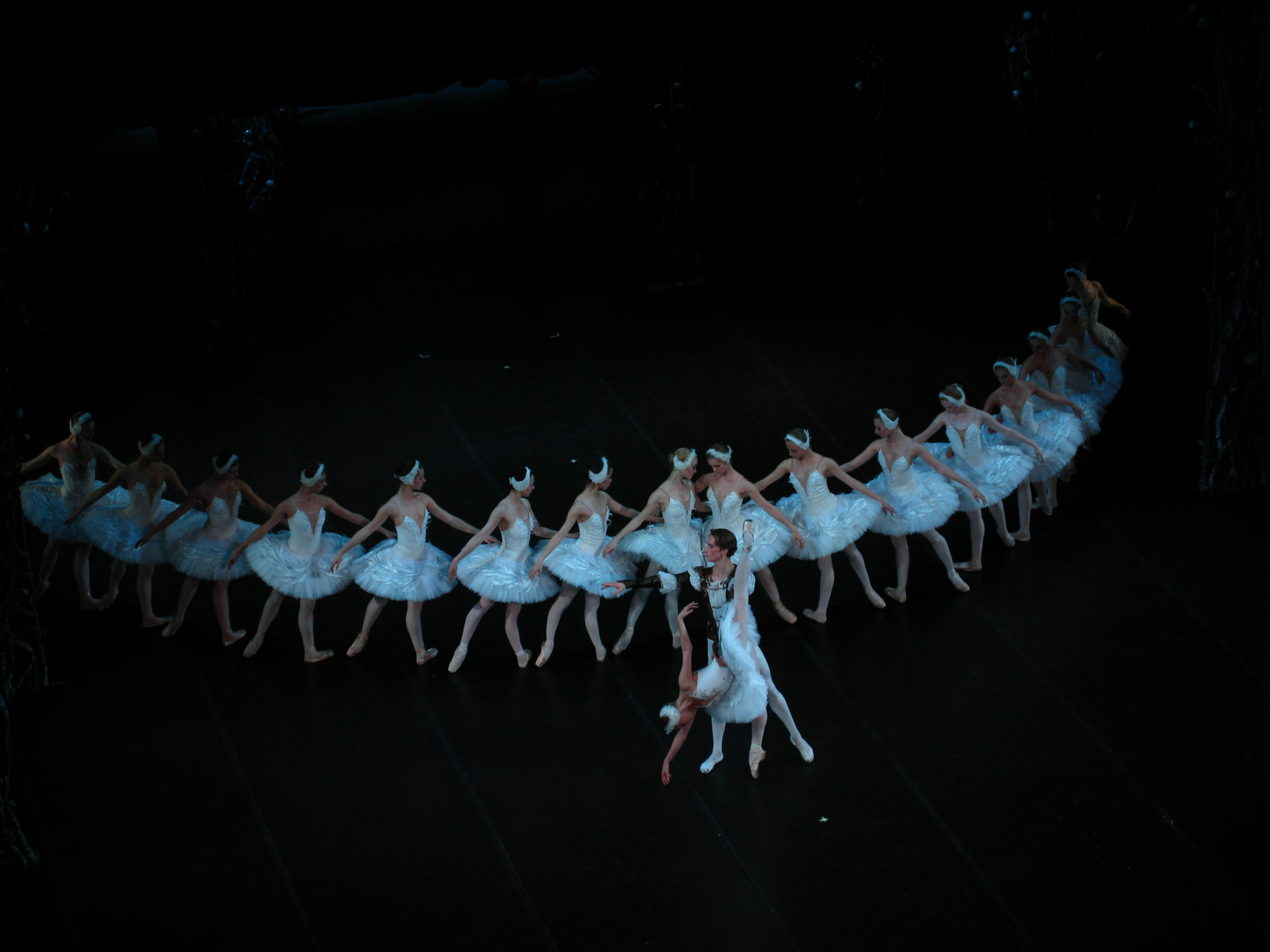The Consequence of Reckless Words
Trump’s reckless words about NATO obscure the necessary and mutually beneficial nature of America’s system of alliances
Alan DowdMarch 7, 2024
Will Finland and Sweden Shift out of Neutral?
Long-time neutrals Sweden and Finland appear poised to apply for NATO membership, perhaps as early as this month or during next month’s NATO summit. If these Nordic neighbors do join the alliance, this dramatic change in the European security landscape will be good for them—and for NATO.
Alan DowdMay 3, 2022
Ungrateful Allies: The United States and NATO
Yes, the NATO allies must do their part. President Trump is right to demand they do more to provide for their own defense. At the same time, NATO provides a mechanism to prevent the bloodshed and oppression so prevalent in European history.
Douglas MastrianoJuly 11, 2018
NATO Takes the Fifth
What does NATO need to do going forward? The short answer: more and less.
Alan DowdFebruary 23, 2018
The Baltics: NATO’s Soft Underbelly?
With the consequential economic depression, the heavy influence of Russian propaganda, the presence of former Soviet officials receiving a monthly check from Moscow, and being far from Riga in so many ways, Daugavpils appears to be NATO’s “soft” underbelly.
Douglas MastrianoDecember 14, 2017
The Deeper Issues
This perceptive article written by Henry P. Van Dusen during World War II conveys the import of Christian solidarity to help secure an Allied victory and overcome the deeper cultural and social issues that they face.
Christianity & Crisis MagazineJuly 24, 2017
Mainstream Media’s (Four)gotten Countries of July 2017
While the media spotlight shines on a few high-profile countries, four forgotten countries (Lithuania, Yemen, Sudan, and Morocco) operate under the radar.
Joshua CayetanoJuly 3, 2017
NATO’s Russian Ballet
How leaders in Riga and other front line NATO capitals conduct the delicate dance between asserting their national identities and managing relations with their Russian minorities could mean the difference between war and peace.
Matt GobushJune 26, 2017


